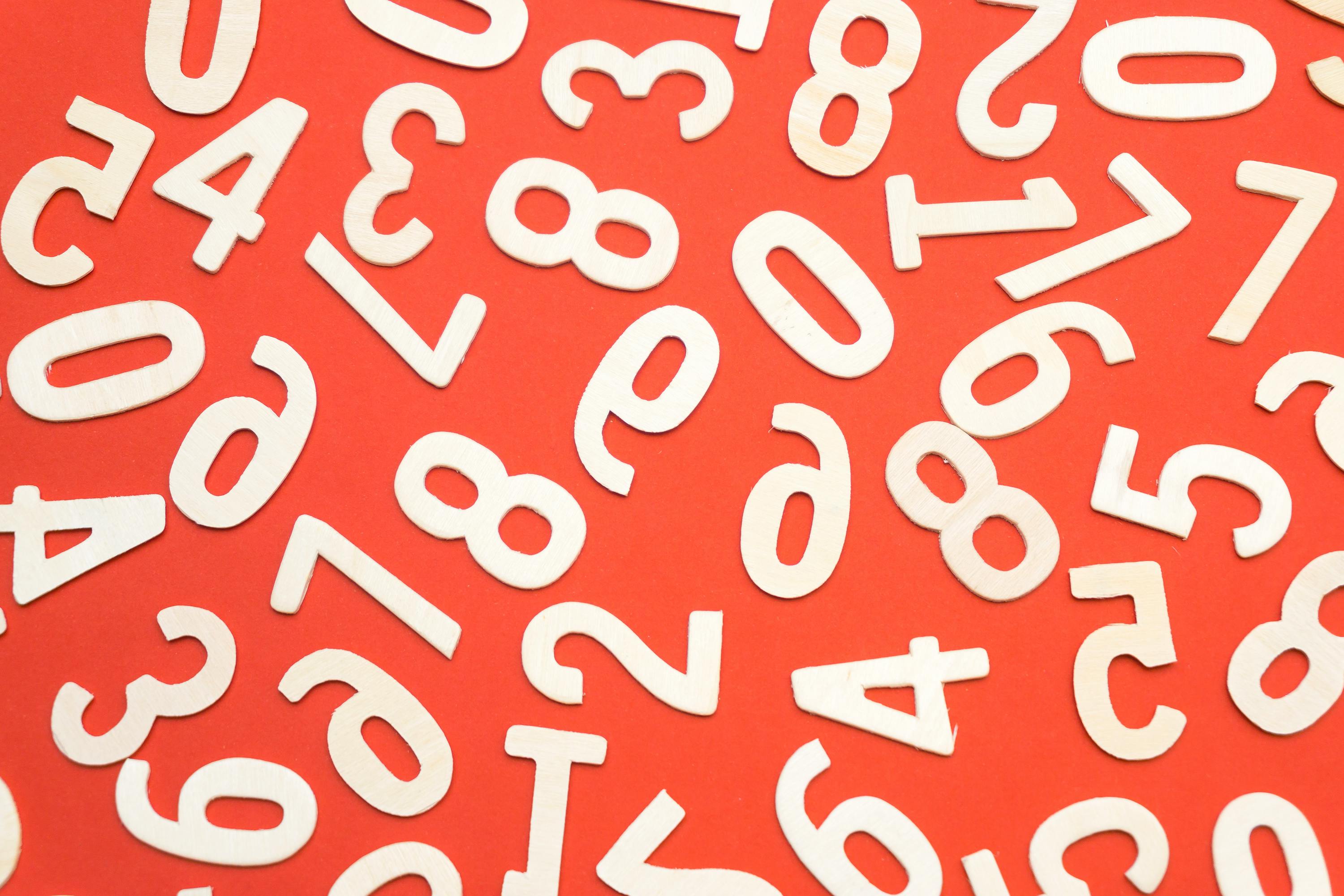What is an ISWC?
Get a better understanding of how to protect and monetise your work by learning about ISWCs.
As an independent musician, understanding how your music is tracked and monetised is crucial for your career. The ISWC (International Standard Musical Work Code) plays a key role in ensuring your compositions are properly registered and that you receive royalties for your work.
In this guide, we’ll explain what an ISWC is, why it’s important, and how to obtain one, while also exploring the difference between ISWC and ISRC codes.
What is an ISWC?
An ISWC (International Standard Musical Work Code) is a unique identifier for musical compositions. Each composition, whether it’s instrumental or includes lyrics, is assigned an ISWC, ensuring that the work can be tracked globally. This code helps rights organisations manage royalty payments to the creators of the music, ensuring that songwriters, composers, and publishers are fairly compensated when their work is performed, broadcast, or streamed.
What is the ISWC used for?
The key purpose of the ISWC is identification. The code can help in the identification of data in scenarios such as the following:
- Registration and correspondence between societies
- Publishing and sub-publishing agreement schedules
- Licenses granted by a society
- Music usage reporting
- Performance collection and identification
- Royalty administration
Who assigns ISWCs?
The globally standardised ISWC is allocated by authorised registration agencies. In the UK, this is PRS for Music, and in the U.S. it is ASCAP. The code is allocated when all creators of the work have been uniquely identified, and when an application has been made.
Registration agencies, upon receiving an ISWC application, will process and allocate an ISWC number to the musical work at the central registry. This central registry holds the ISWC numbers along with their descriptive metadata. It provides public access to ISWC information across the music industry, benefiting various stakeholders such as collective management organisations (CMOs), publishers, sub-publishers, digital platforms, and the general public.
Where did the ISWC come from?
The ISWC is part of the CIS plan (Common Information System) which CISAC (International Confederation of Societies of Authors and Composers) has developed in order to meet the evolving needs for information in the modern digital age.
It is CISAC that administers the ISWC, meaning that registration agencies like PRS do not have a say in when or what codes are allocated to a work.
ISWC vs ISRC
You may have already heard of an ISRC. While the ISWC and ISRC are very similar, they do serve slightly different purposes. Both are used for identification, but the identification of different aspects of a song or musical work.
- ISWC (International Standard Musical Work Code): This code identifies the song’s composition, including melodies and lyrics. It’s used to track royalties for songwriters, composers, and publishers.
- ISRC (International Standard Recording Code): The ISRC applies to the sound recording, meaning it identifies specific versions or performances of a song. This code is used to track royalties for performers and producers associated with that recording.
In short, the ISWC relates to the written music, while the ISRC refers to the actual audio recording. It’s important for independent artists to understand both codes, as they ensure proper tracking and payment for both songwriting and performance rights.
Why are ISWCs important?
The ISWC is important for the accurate identification of musicals works. It clears up any potential confusion – for example, if two songs have the same name or similar titles, the ISWC ensures permanent and clear identification across countries and languages.
Why is correct identification so important? Having an ISWC code makes it easier to track your music across various platforms and ensures that you are compensated properly. It also protects your intellectual property by giving you a verified code to prove ownership of your work.
For independent artists, this means you don’t need to worry about missing out on royalties or losing track of your music’s usage worldwide. The ISWC system simplifies the process, making sure that you are paid fairly for your creative efforts.
